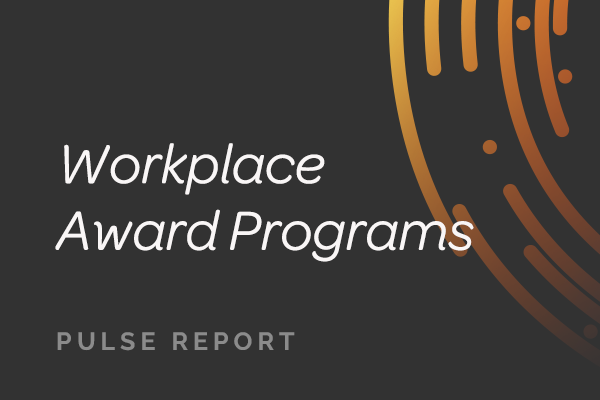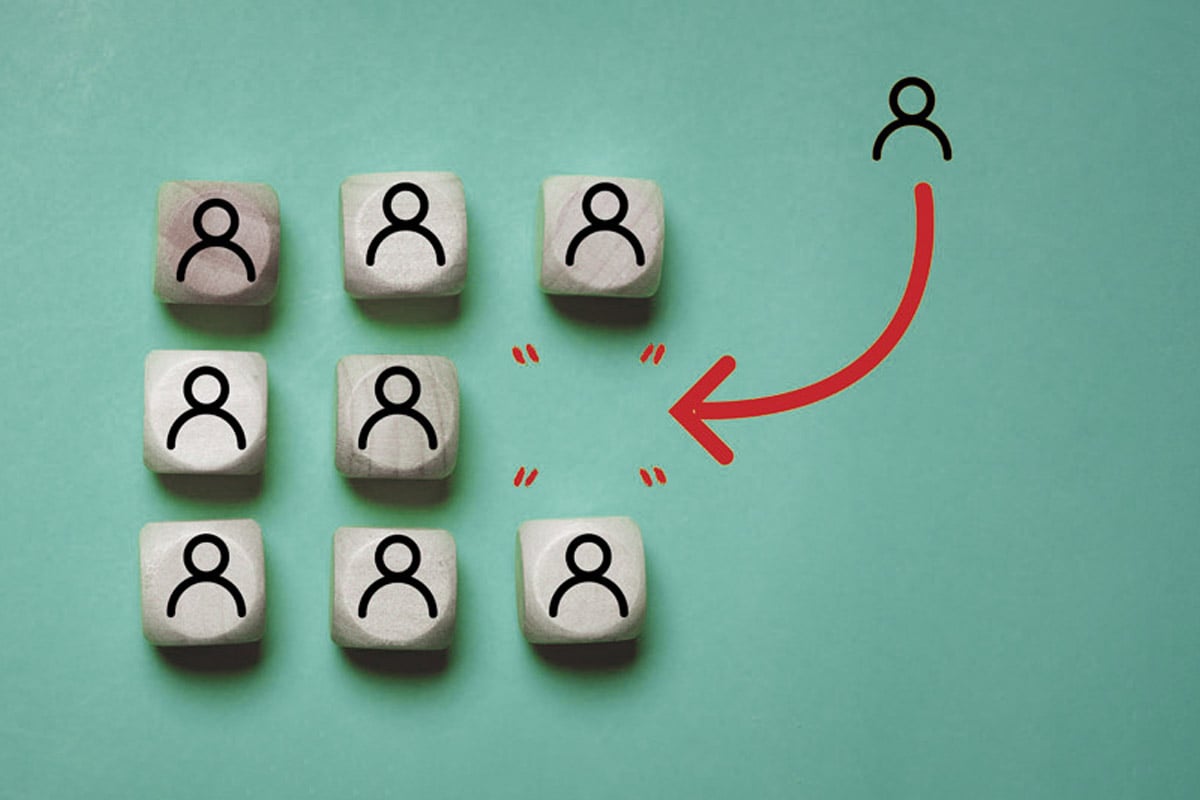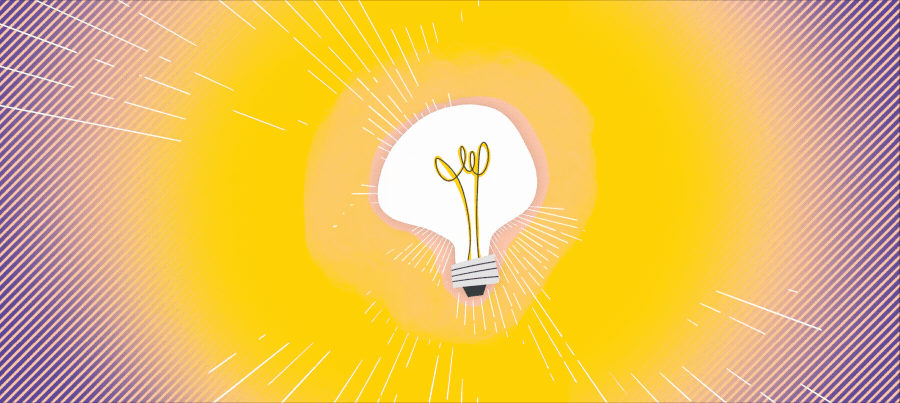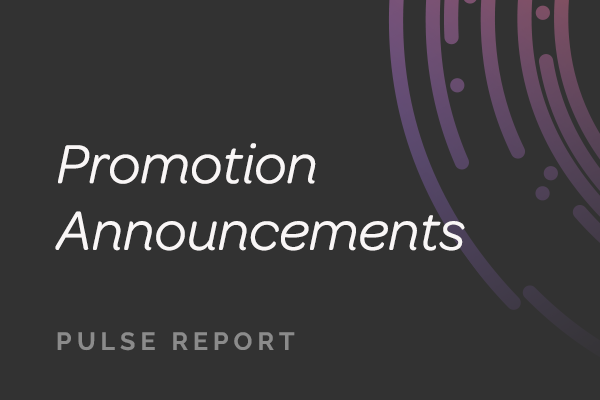Are You Distracted at Work? A Look at How We Manage Our Digital Interactions
September 14, 2022
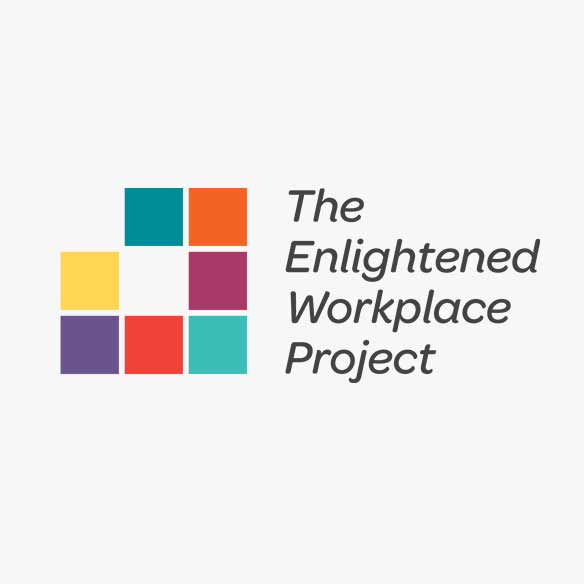
A myriad of things are competing for our attention and are contributing to our being in a distracted state much of the time. Udemy research finds that 69% of workers are distracted on the job. The U.S. Labor Department describes the average workday for many employees in formidable terms. Check out some of these statistics.
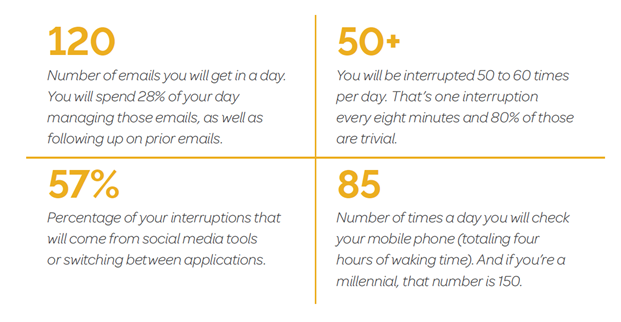
Nir Eyal, lecturer at Stanford’s Graduate School of Business and author of the book Indistractable, says that “Being indistractable is the single most important skill for the 21st century.” If you look up some of the synonyms for “distraction,” it’s hard to disagree. Synonyms include disturbed, panicked, distressed, frenzied, inattentive and preoccupied. What can we do to ensure our workdays and the workdays of our teams are focused, productive and meaningful versus reactive, distracted and chaotic?
Let’s look into some productivity habits for some of the major time drains during our workdays, and then look at some mindset shifts around our digital interactions through the lens of the 7 Elements of an Enlightened Workplace.
Email is both an indispensable tool and the scourge of workplace productivity and satisfaction because it is essential, ubiquitous, unavoidable, but often overwhelming. When email volumes exceed your capacity to reply, guilt and stress can set in. Here are some recommended practices for managing email:

- Schedule time for email, for instance 30 minutes in the morning, after lunch and at the end of the day. Only look at email during these times.
- Reduce the number of messages you receive. You can do this by only sending email when you must; thus, you’ll receive fewer replies. The brain has a weakness for little rewards like receiving messages, which makes us constantly check our inboxes and react.
- Only touch an email once. If you can deal with it in two minutes or less, do. Otherwise, defer it, delegate it, delete it or file it. Get it out of your inbox after you touch it for the first time.
- Try to respond to important emails within 24 to 48 hours. It’s a sign of respect to the sender.
- Move every email that is older than three weeks into a “catch-all” folder and focus on managing the latest emails. You can always go back to the folder.
- Get off lists and distributions that aren’t useful.
- Consider using built-in tools for auto-filing as email comes in.
Enterprise Social Tools, Group Chats and Texting
Enterprise social tools such as Teams, Workplace, Slack, Yammer and Zoom Chat have the benefit of being real time, given that you can typically see who is online, and they’re useful for handling quick items in lieu of a phone call or meeting. That ease also means people can ping you whenever they want, giving these tools the potential to be very disruptive. For many people, it’s hard to ignore the ping of a live chat. For group chats at work, treat them like a hot tub. Get in and get out. Only join groups that are critical to your work or that align with your priorities. Delete the rest and schedule time to address the conversations once or twice a day and turn it off the rest of the time.
The same goes for texts on your mobile device. If you stop what you’re doing to answer every text you receive during the day, you will seriously compromise your focus. Establish “time in” and “time out.” Answer your texts at a time that doesn’t disrupt the important things you’re working on and allows you to give thoughtful, unhurried responses to your conversations. This is especially important during meetings. How many times have you been in a meeting and someone is texting or chatting on their device? This is both disruptive and disrespectful. Be where you are. Do what you’re doing.
Social Media, Games and Apps
Does Facebook suck you into its vortex? Are your friends’ Instagram posts giving you FOMO? Do you regularly lose two mindless hours on digital games? There is plenty of information out there about the impacts that social media can have on productivity and mental health, and how online gaming can veer into addiction. Undoubtedly, we need relief from the stresses of life. But there comes a point of diminished returns, and it requires our focused attention to set boundaries.
If you want to improve your productivity around the use of social media, apps and gaming, here are some strategies to consider.
- Delete apps that you rarely use and that don’t serve you in some positive way.
- Delete apps that you are addicted to like Instagram or TikTok. Or move them to a folder so it’s more of an effort to check them.
- Track time usage. Set a boundary and stick to it.
- Change or disable notifications so that you’re only pinged by the essentials.
- Observe a digital sabbath. Set a day or two each week when you will eliminate social media or Internet usage.
All of these productivity hacks can be useful in reigning in time that has veered from being productive to being distracted. Here are some questions to increase your sensitivity around digital interactions, using the 7 Elements of an Enlightened Workplace.
Safety – Have you and your team set norms and boundaries around how often or how late you message or email? Do team members feel safe responding when it’s good for them, or do they feel pressure to respond immediately for fear of looking like a slacker? As a leader, you may consider not emailing your team on the weekends or at night so they don’t feel obligated to respond after hours.
Care – Digital interactions can be tossed off quickly and without much thought. Are you thoughtful about your messaging on email or text to ensure the person knows you care?
Respect – A digital conversation requires more sensitivity than a live one given the proclivity for misunderstanding in the absence of physical and vocal cues. No matter how difficult or charged the conversation is, are you seeking to honor the person and treat them with kindness? Does your digital message reflect that?
Joy – Is there an opportunity for some levity or fun in this digital interaction? Can you show that business, joy and fun are not mutually exclusive?
Progress – Since facilitating progress is a top way to motivate people, does your email, text or chat help further progress, or does it throw a wrench into things and impede progress? Do you need to send it at all?
Value – Given the impersonality of digital interactions, do you ensure the recipient knows that you see them and validate them for who they are as an individual?
Meaning – Is this interaction meaningful in some way to you or the other person? Have you made that clear?
Learn about The 7 Elements of an Enlightened Workplace:
See Also:
References:
- Ederle, “Majority of U.S. Workers Feel Distracted at Work,” (Udemy, 2018).
- “American Time Use Survey Charts” (U.S. Bureau of Labor Statistics, 2017).
- Spilker, “Distractions Might Be Killing Your Employee Engagement,” (AMPT, 2018).
- Eyal, “This Is the No. 1 Work Skill of the Future-but Most Fail to Realize It,” (CNBC, 2019).
- “Synonyms of Distracted,” (www.thesaurus.com, 2020).
- Allen, Getting Things Done (Penguin Books, 2015).
- Duffy, “5 Ways to Cut Back on Social Media,” (PCMag, 2019).
Contributors:
Barbara Fagan
CEO
Barbara is the founder of ROI. Named one of Silicon Valley’s most influential women and a lifelong nature lover, author and inspirational speaker, Barbara has devoted her career to improving the lives of employees and strengthening their relationship to their families, their passions and their work.





